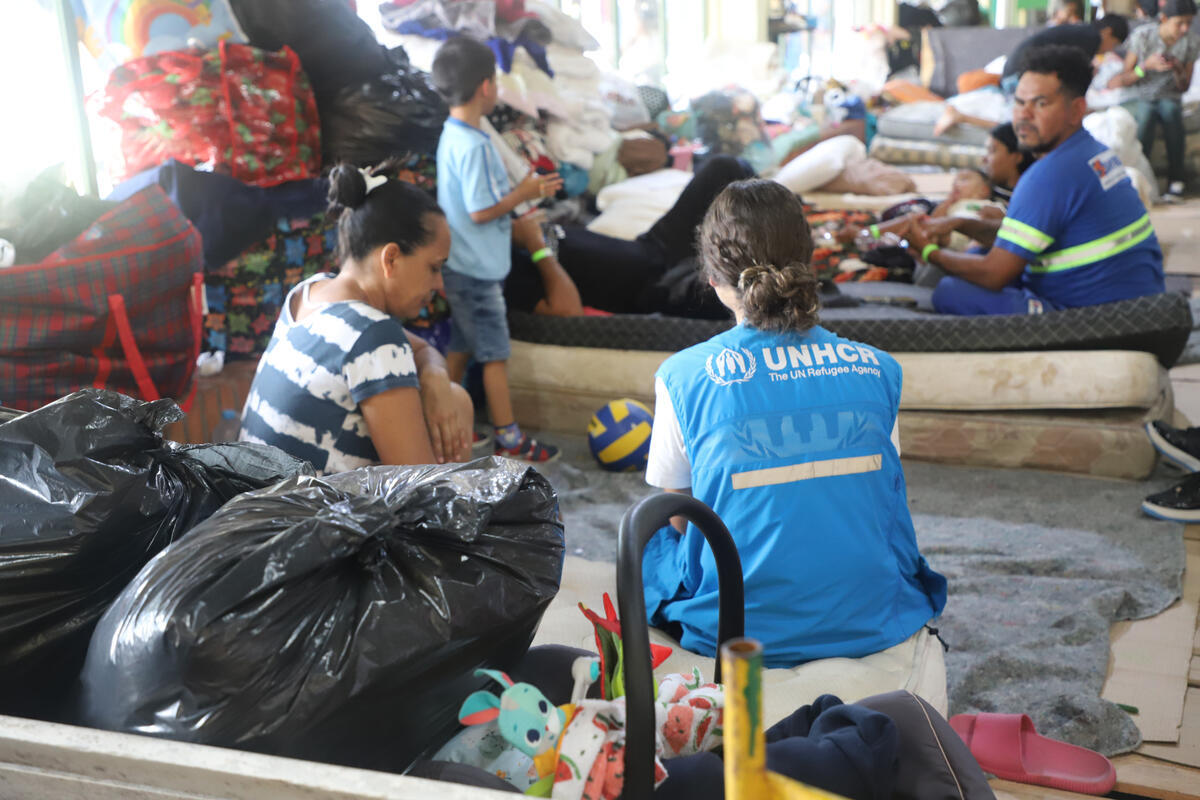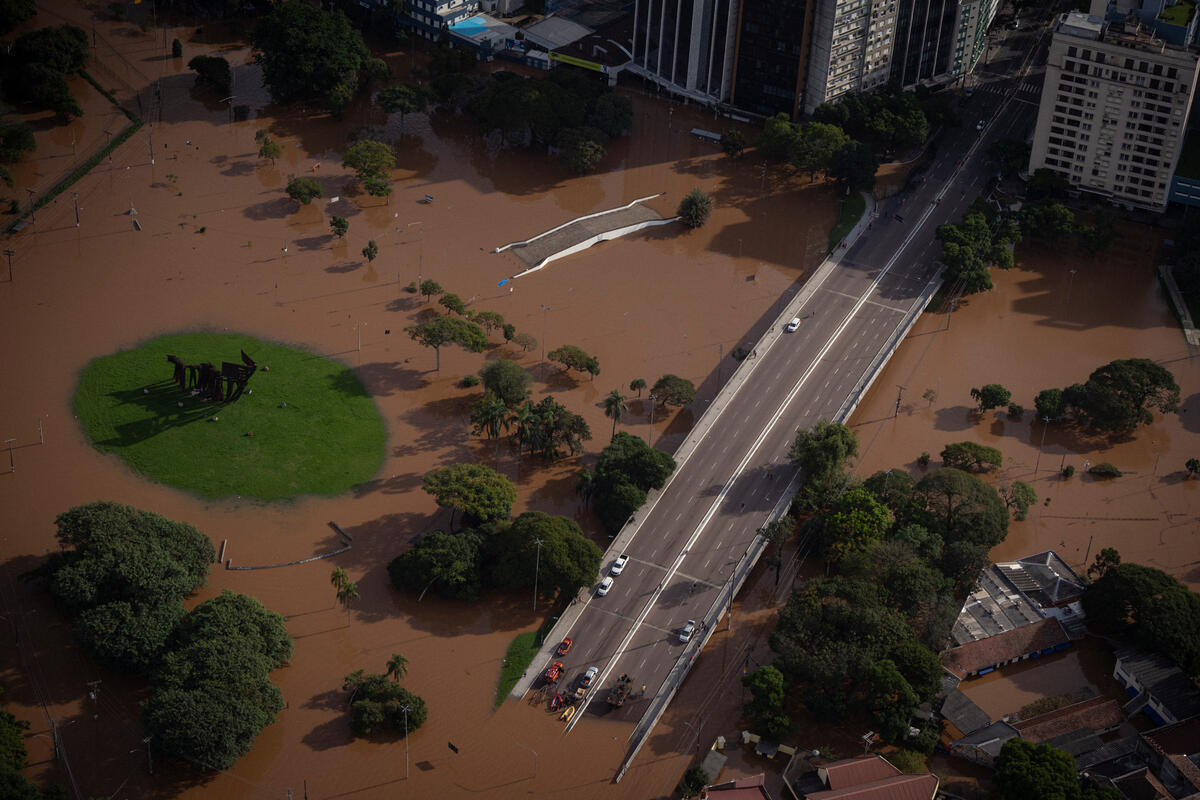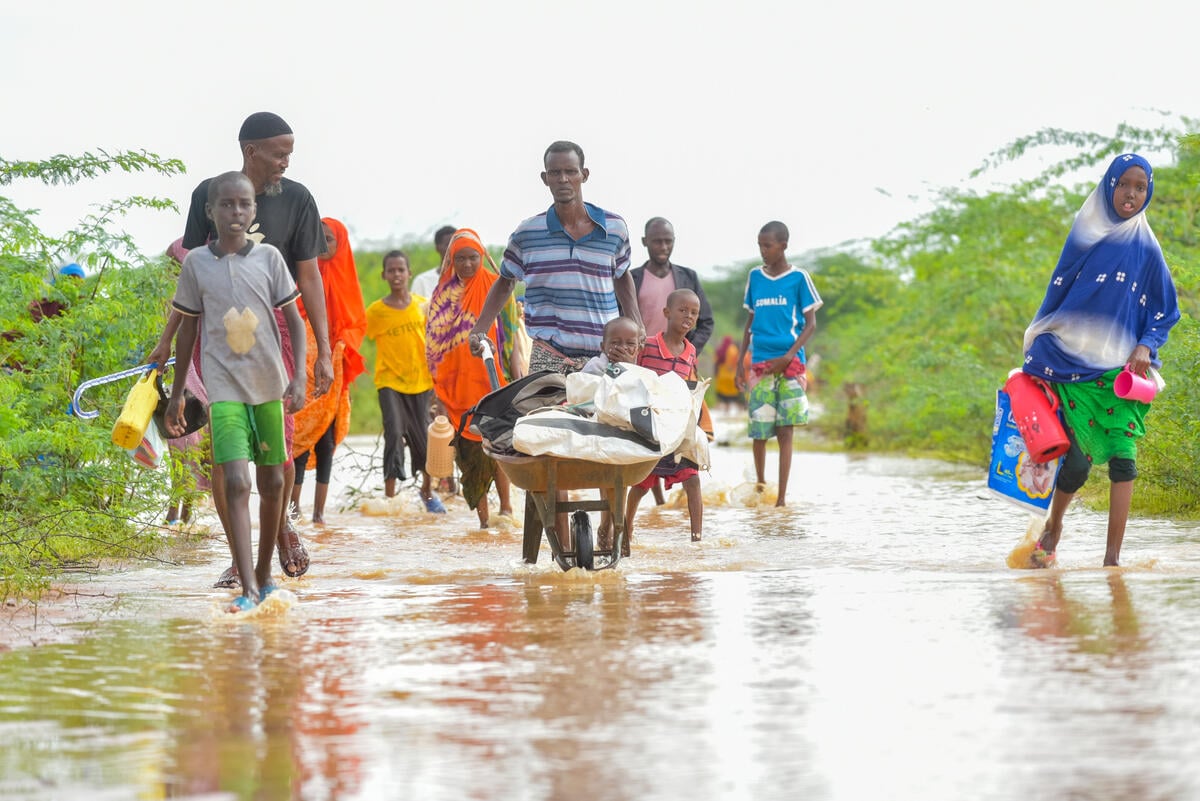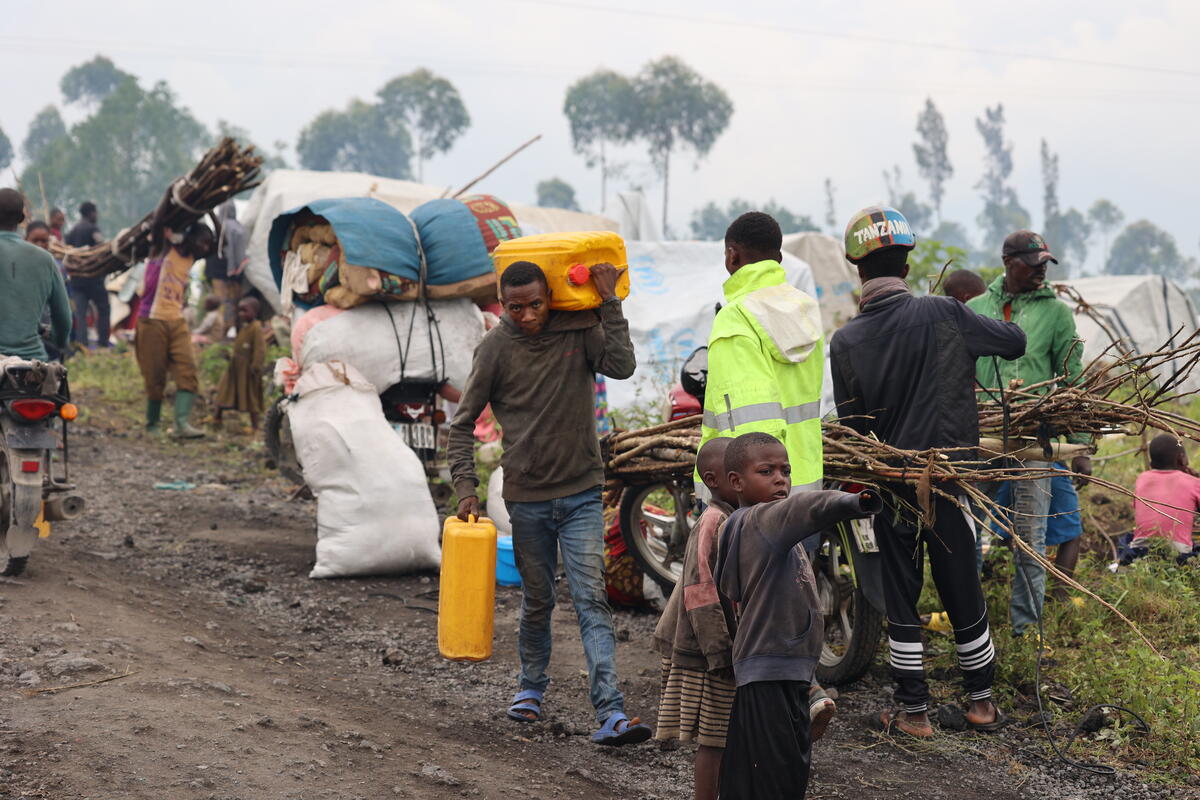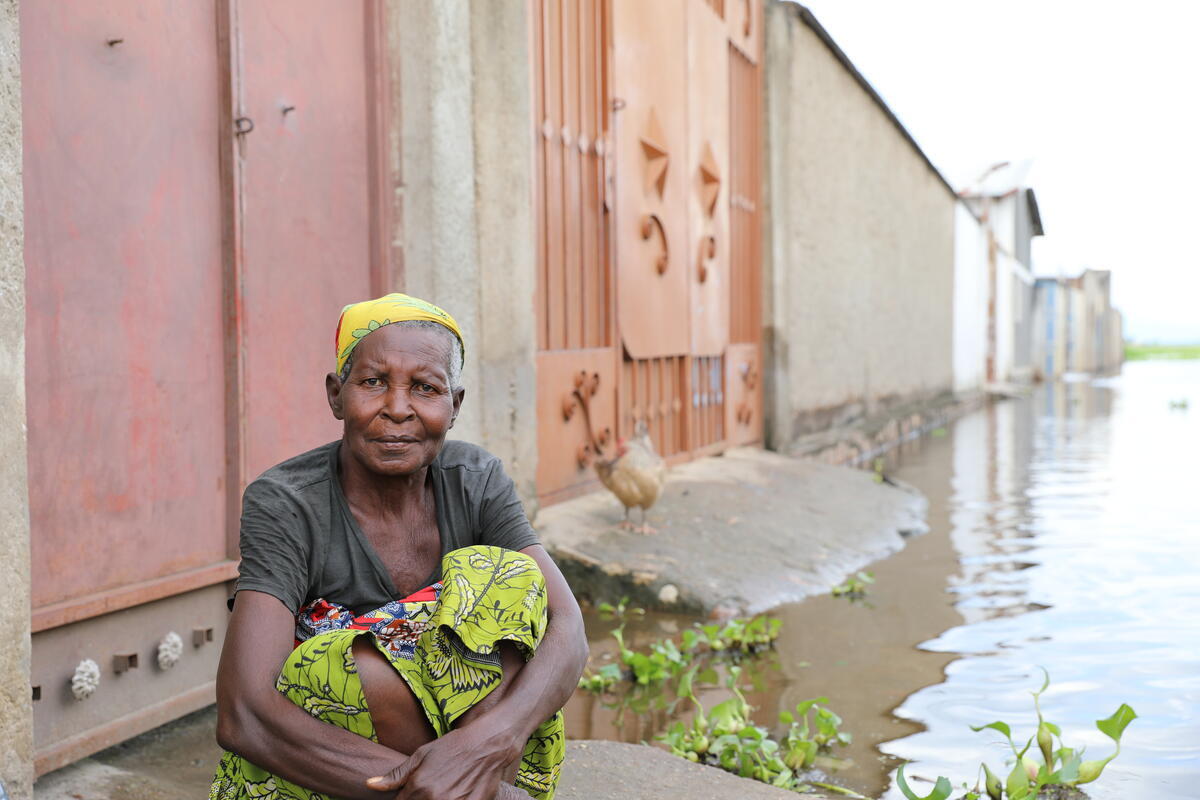UNHCR closes reception centres on Burundi-Congo border
UNHCR closes reception centres on Burundi-Congo border
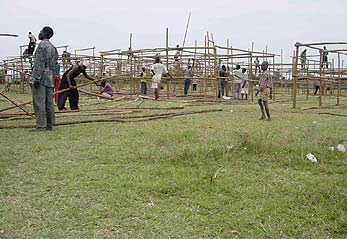
BUJUMBURA, Burundi, March 14 (UNHCR) - The UN refugee agency has closed two reception camps on Burundi's volatile border with the Democratic Republic of the Congo (DRC) after moving all the Congolese refugees who had been living there to a safer camp further inland.
The reception centres of Rugombo in north-western Burundi and Gatumba in the west - established last October to shelter more than 10,000 Congolese refugees who had fled a flare-up in fighting between two rebel movements in the DRC's south Kivu region - were closed on Wednesday.
UNHCR began transferring refugees away from the border area in late January because of concerns for their safety so close to fighting in eastern DRC. Over the last few weeks, the remaining group of 893 refugees (653 of them children) has been transferred from the border sites and from neighbouring villages to Cishemeye camp. The new camp is in the north-western province of Cibitoke, some 40 km from the Burundi/DRC border.
Cishemeye is now home to more than 6,700 refugees. UNHCR has been distributing blankets and pieces of cloth to the refugees to protect them from the cold in the current rains.
At Rugombo, UNHCR has dismantled all but four hangars that had been put up to shelter up to 6,000 refugees at the peak of the Congolese influx last November. All that remain at Rugombo now are two uncovered hangars, two covered hangars and a block of latrines; these facilities could be used in case there is another influx of refugees.
At Gatumba, shelters are still being maintained because they could be used either for another influx, or as a transit centre for Burundian refugees who might return home from the DRC.
UNHCR's Representative in Burundi, Stefano Severe, applauded the attitude of the hosting Burundian government. "We are grateful to the government of Burundi for its open-door policy towards refugees, and for its assistance to us," he said.
Meanwhile, the flow of Congolese refugees into Burundi has slowed to a trickle. Only 20 Congolese have arrived at Cibitoke in the last two weeks, claiming asylum. In February, nearly 500 Congolese returned from Burundi to the DRC's Uvira area because it was relatively calm.

